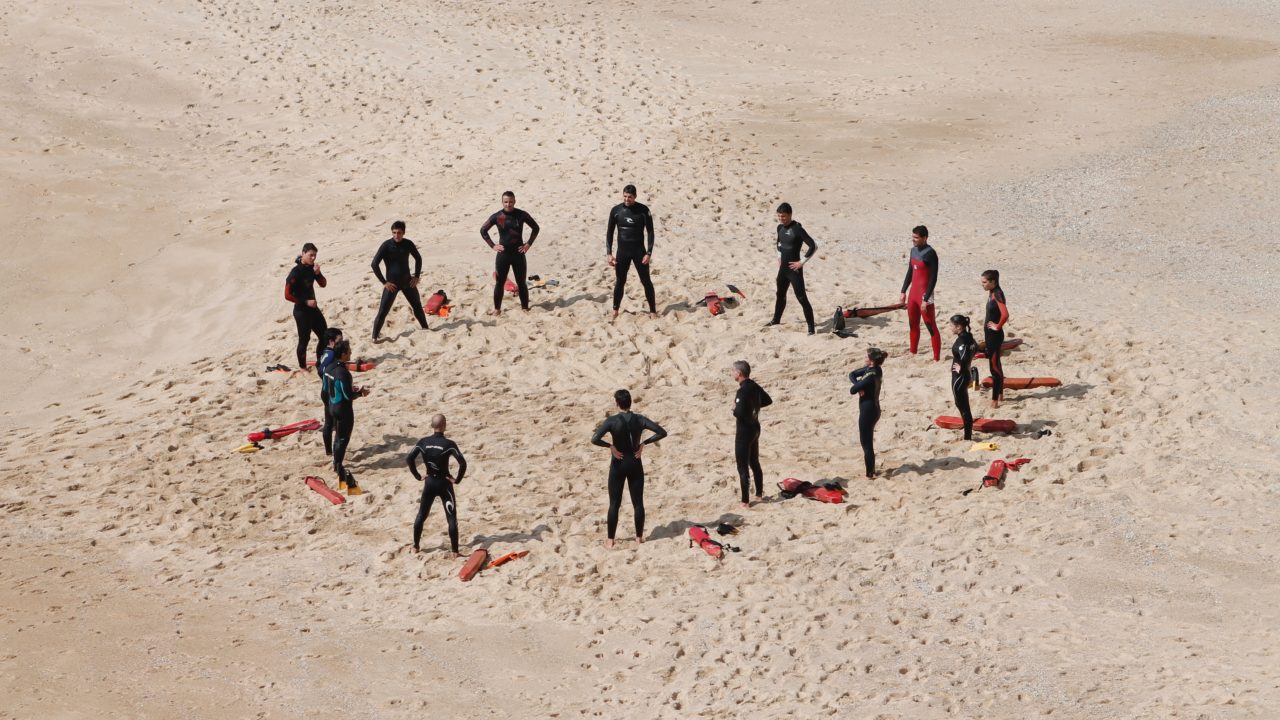The Role of Training and Development in Supporting Effective Change
Mike Shore-Nye, Registrar and Secretary at the University of Exeter, reflects on how staff can be encouraged to flourish in a complex world.


The term VUCA (Volatile, Uncertain, Complex, Ambiguous) is commonly used to describe the modern working world – and this is very much the truth if you are working in higher education at this moment in time.
Change is all around us all the time, but the innate resourcefulness that enables us to flourish in such a complex world can be severely challenged by workplace transformations that affect our familiar routines, locations, processes and relationships. It is not surprising then that ‘change’, and the impact this has on people at work, is often cited as a significant barrier to engagement by employees. This challenge is definitely something I think we need to improve our response to.
So is it possible to better equip ourselves to allow us to face up to these challenges?
We respond to major changes in our lives in different ways and have different coping mechanisms which may or may not be effective depending on the change we are experiencing. The often-used Kubler-Ross Change Curve maps out the stages of how we may react to significant change showing that we need a variety of strategies to manage different impacts over time.
The Change Curve also demonstrates that those initiating, leading and managing the change also need to respond to the likely reactions and understand what their team(s) are experiencing and how best to support and encourage them towards the endpoint.
So can people and their leaders be trained to cope better with change?
I believe the answer is a resounding yes! For me, there are three key outcomes of training and development aimed at helping people deal better with change.
Firstly, we need to address behaviour and mindset. We need training that will help people become more agile (able to adapt quickly in simple ways), more flexible (able to accept new ways of being and thinking without too much mental stress) and more positive with a growth mindset (learning from mistakes, being persistent and knowing they can succeed). I really don’t think they need to know the models of Kubler-Ross, Kotter or Lewin or be able to conduct SWOT, ADKAR or forcefield analyses, but they do need to know a bit about themselves and how they react to different situations, which may require some reflective practice.
Secondly, we need to make sure change leaders and managers have some essential people skills: clear objective setting; great communication; commitment to supporting and developing colleagues; confidence with people’s wellbeing; an understanding of every individual member of their team, their motivation, strengths and challenges; and the overall team dynamic.
Lastly, it is vital for leaders to think about ‘self’, their impact on others and how they are perceived by colleagues; in other words to be “emotionally and socially competent” (to paraphrase the emotional intelligence guru Daniel Goleman). While the traditional tools and models I mention above are really useful (when deployed appropriately), they can never replace clear communication, human compassion and inspirational leadership.
We need to look beyond conventional change training and unpack the real, constant needs of our workforce and their leaders in our VUCA world: and seek to encourage and co-create the behaviours, skills and mindsets that will enable us to learn from our experiences and face every challenge positively and humanely.
